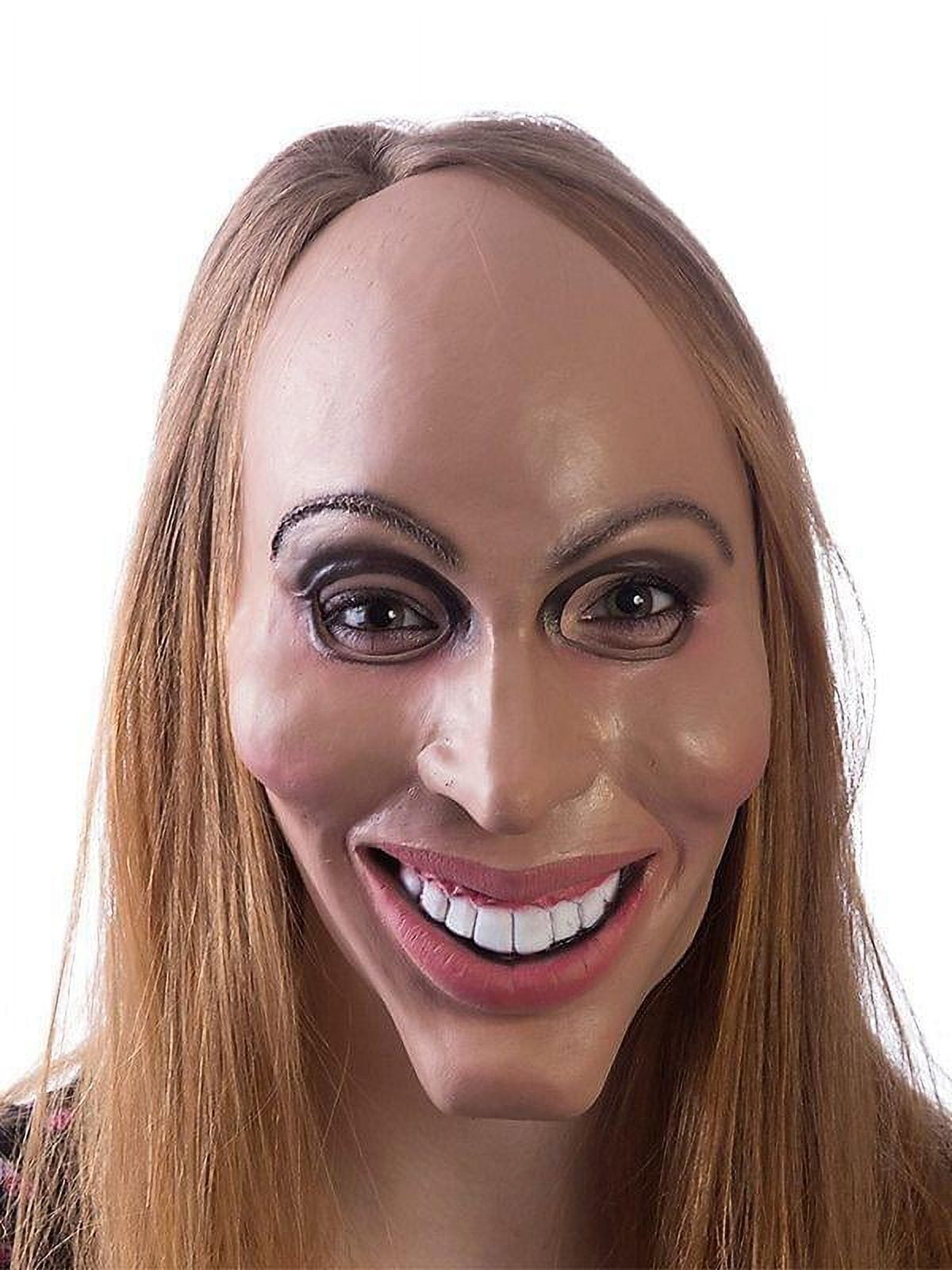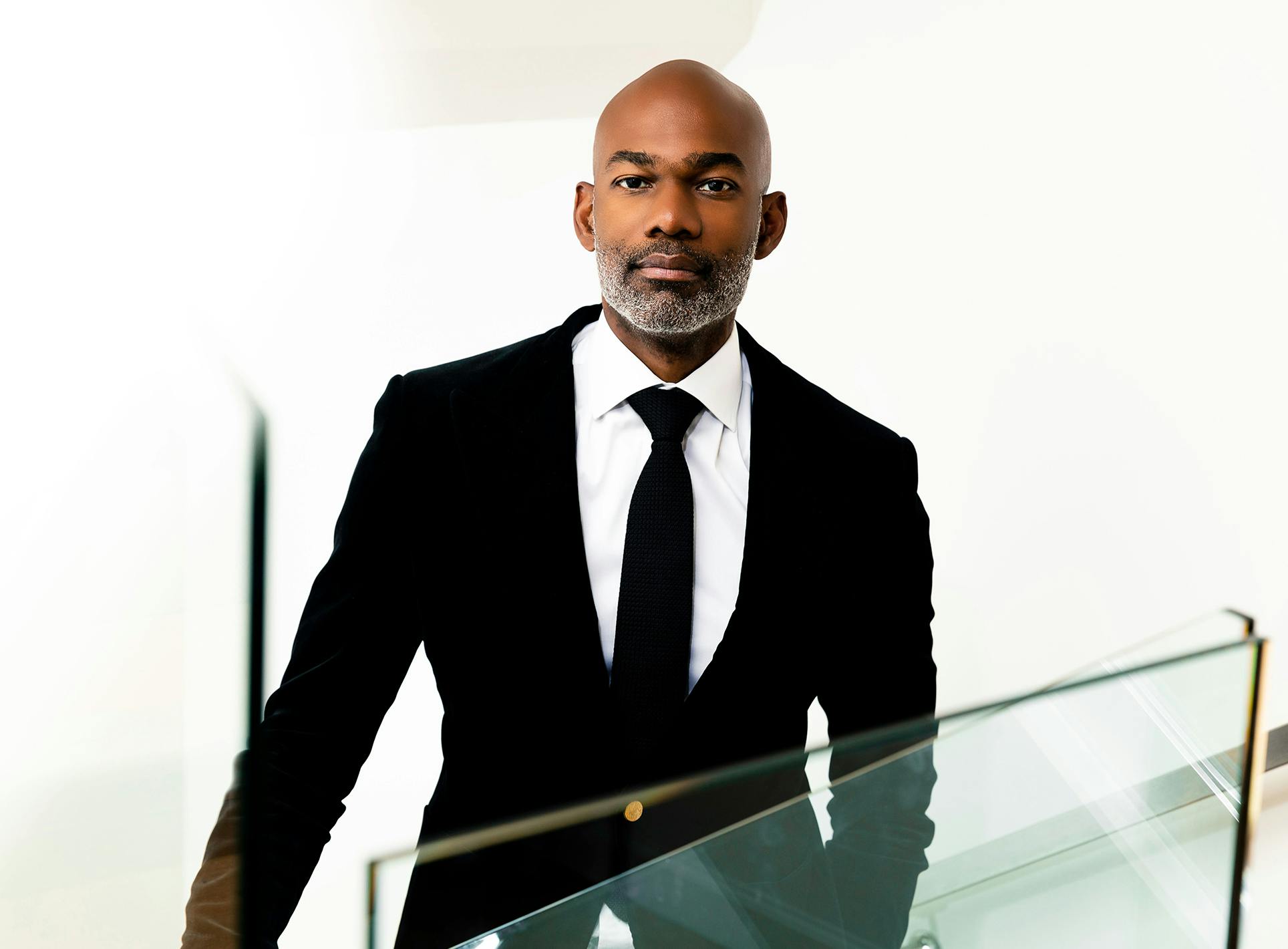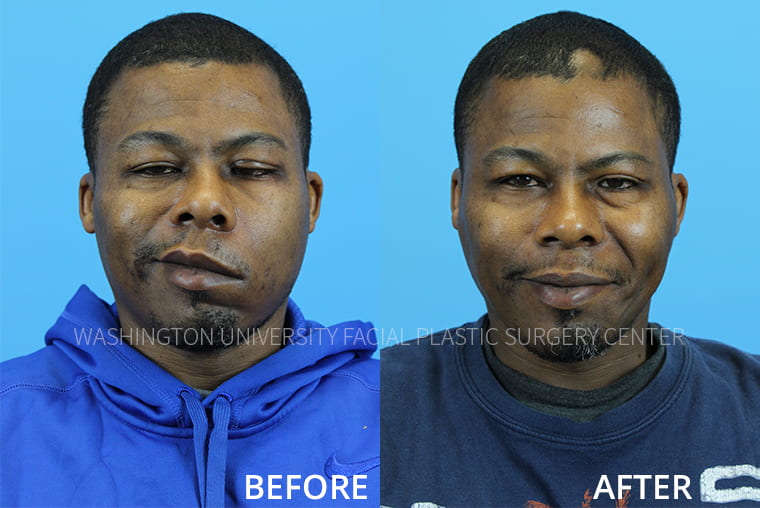Exploring the Psychological and Social Aspects That Drive Individuals to Consider Cosmetic Surgery as a way of Renovation
The choice to go after plastic surgery commonly expands beyond simple looks, intertwining with mental and social dynamics that warrant complete assessment. Aspects such as self-esteem, prevalent social elegance standards, and the pervasive influence of social networks merge to shape specific inspirations for medical enhancement. As these influences come to be progressively famous, understanding the underlying psychological and social contexts is vital. What stays to be discovered is the extensive influence these variables have not only on individuality but likewise on more comprehensive social norms and worths surrounding elegance and acceptance.
The Role of Self-confidence
Self-confidence considerably influences an individual's decision to go after cosmetic surgical procedure. Individuals with low self-esteem usually view themselves in an adverse light, bring about sensations of inadequacy concerning their physical look. This negative self-perception can drive them to seek surgical interventions as an approach of improving their self-image. The wish for renovation in one's appearance is often connected to a belief that such changes will elevate their overall self-regard and confidence.

Eventually, the function of self-confidence in the decision-making process concerning cosmetic surgical treatment highlights the intricate interaction in between body picture, personal contentment, and psychological wellness. Understanding this partnership is crucial for medical care professionals to ensure that patients are making educated choices rooted in reasonable assumptions and psychological wellness.
Societal Beauty Standards
Influenced by pervasive media representations and cultural stories, societal charm criteria play an important function in shaping individuals' understandings of their very own bodies. These standards are usually defined by an idyllic kind of beauty that emphasizes attributes such as youthfulness, proportion, and slimness. As these perfects are bolstered with numerous networks, including tv, movie, and marketing, individuals regularly internalize these messages, bring about discontentment with their natural look.
The implications of these social norms extend beyond aesthetic preferences; they can impact self-worth, mental health, and social partnerships. People who view themselves as disappointing these standards may experience sensations of insufficiency, motivating a need for plastic surgery as a way of achieving social approval. This quest is often fueled by the belief that complying with these ideals will improve not just physical appearance but likewise social standing and personal gratification.

Impact of Social Network
The effect of societal charm requirements is further intensified by the surge of social media sites platforms, where curated images and idyllic depictions of charm are ubiquitous. Customers are frequently subjected to filteringed system and modified photos, which typically portray unattainable physical features. This exposure cultivates a culture of comparison, leading individuals to analyze my explanation their very own look against these often impractical benchmarks.
Social network influencers and stars often promote aesthetic procedures, stabilizing the idea that medical enhancements are a practical means for accomplishing social ideals (plastic surgery rancho cucamonga). The presence of these improvements can produce an understanding that going through cosmetic surgery is a common technique, thereby influencing individuals to consider similar treatments as a path to boosted self-confidence and social acceptance
In addition, the interactive nature of social networks permits instant responses through sort and comments, further reinforcing the desire to adapt prominent elegance requirements. Such communications can aggravate sensations of insufficiency and drive individuals toward plastic surgery as a way of obtaining validation. Eventually, social media sites plays a crucial duty in shaping understandings of charm, which substantially impacts the decision-making processes surrounding plastic surgery.

Social Point Of Views on Look
Throughout different societies, perceptions of look are deeply rooted in historic, social, and financial contexts, forming people' sights on beauty and worth. In lots of cultures, look works as a substantial pen of identification, influencing social status, expert chances, and personal connections. As an example, in some cultures, light skin is often related to wealth and opportunity, while others may glorify darker complexion as symbols of toughness and authenticity.
Additionally, standard beauty requirements are usually perpetuated via social narratives, media depictions, and family members influences, causing varying suitables across various areas (plastic surgery rancho cucamonga). In Western cultures, the focus on youth and physical conditioning commonly drives individuals toward cosmetic enhancement, while in particular Eastern societies, more refined adjustments straightened with conventional appearances may be chosen
Globalization and the spreading of electronic media have actually better complicated these dynamics, producing a hybridization of elegance perfects that goes beyond geographical borders. As individuals significantly browse these social narratives, the stress to satisfy details look criteria can bring about the desire for plastic surgery, reflecting a complicated interaction of social values and personal goals. Comprehending these cultural point of views is vital in attending to the motivations behind cosmetic surgery considerations.
Mental Influences of Plastic Surgery
Many individuals looking for plastic surgery report experiencing extensive mental effects that can considerably change their self-perception and psychological wellness - plastic surgery rancho cucamonga. The desire for physical improvement frequently originates from underlying issues such as low self-confidence, body dysmorphic disorder, or social stress pertaining to charm criteria. For some, the prompt post-operative phase can result in a short-term increase in self-esteem and satisfaction with their appearance, fostering a feeling of empowerment
Nonetheless, these favorable sensations might not be withstanding. Research indicates that while some clients experience boosted my blog self-confidence, others might deal with intense anxiousness or anxiety if their expectations are not met. This disparity can arise from unrealistic suitables continued by media depiction and cultural stories surrounding advice appeal.
Moreover, the psychological implications of plastic surgery expand beyond the person. Relationships with family members and friends might be strained as social dynamics change, resulting in feelings of isolation or alienation. Eventually, the emotional impacts of cosmetic surgical treatment are complex and complex, requiring mindful factor to consider by both prospective patients and doctor to ensure informed decision-making and realistic expectations.
Verdict
To conclude, the choice to pursue plastic surgery is substantially influenced by a mix of self-worth concerns, societal charm standards, and social perspectives on appearance. The pervasive reach of social networks further aggravates these stress, promoting unrealistic suitables that people typically strive to acquire. Understanding these psychological and social variables is vital for addressing the motivations behind plastic surgery, highlighting the requirement for an extra nuanced conversation surrounding beauty and self-acceptance in contemporary society.
The decision to go after cosmetic surgical procedure commonly prolongs past simple looks, linking with psychological and social dynamics that warrant extensive exam. Ultimately, social media plays a critical duty in shaping perceptions of beauty, which considerably impacts the decision-making processes bordering cosmetic surgical procedure.
As individuals increasingly navigate these social stories, the stress to adapt to specific look standards can lead to the wish for cosmetic surgery, showing a complicated interaction of social values and individual ambitions.In final thought, the decision to pursue cosmetic surgical procedure is substantially influenced by a mix of self-confidence problems, social charm criteria, and cultural point of views on look. Understanding these social and mental factors is important for attending to the motivations behind cosmetic surgery, highlighting the requirement for a much more nuanced conversation bordering charm and self-acceptance in contemporary culture.
 Spencer Elden Then & Now!
Spencer Elden Then & Now! Bradley Pierce Then & Now!
Bradley Pierce Then & Now! Jennifer Love Hewitt Then & Now!
Jennifer Love Hewitt Then & Now! Barry Watson Then & Now!
Barry Watson Then & Now! Sydney Simpson Then & Now!
Sydney Simpson Then & Now!